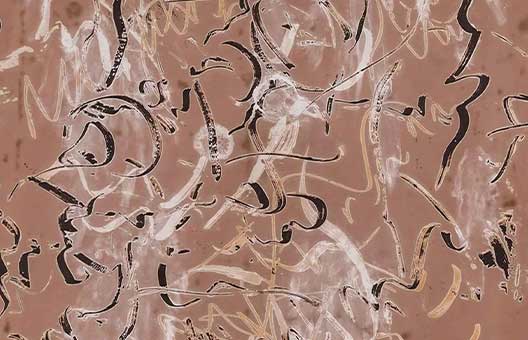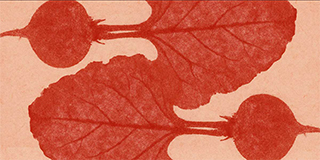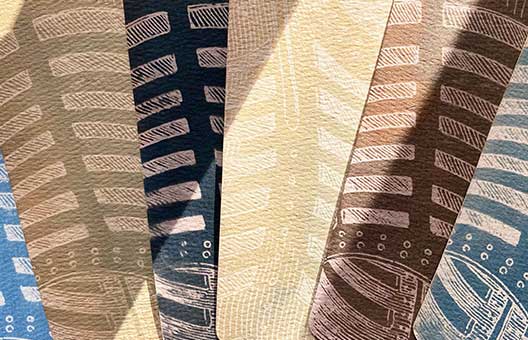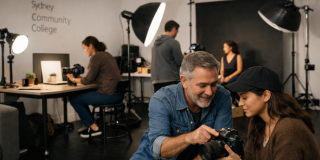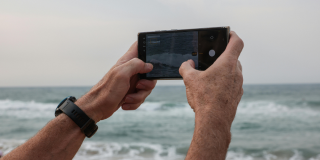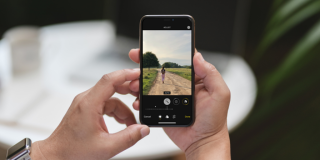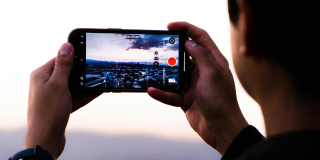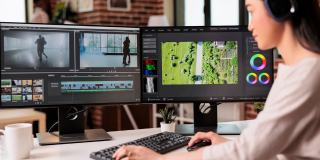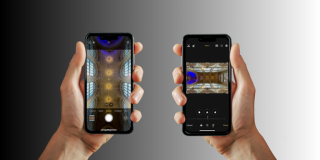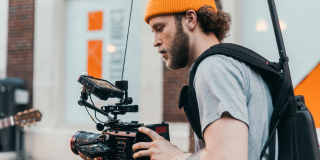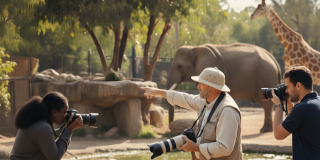iPhone Photography Course

Learn to take breathtaking photos on your smartphone with our photography short courses in Sydney!
iPhone's have revolutionised consumer photography. We have the ability to create professional-looking photos using a device that fits in the palm of our hands. We can then instantly share those images with family, friends and the world. Setting yourself apart from the casual iPhone photographer and the millions of photos we see can seem hard. In this iPhone photography course, we want to show you it's as easy as gaining some knowledge in composition, camera settings and editing.
Everyone knows that person who seems to just nail it every time they snap a pic - with a little focused attention and some creative flair that person could be you!
Learning outcomes
By the end of this iPhone photography course, you should be able to:
- Understand the photography connections behind the iPhone cameras
- Apply the different exposure settings on your iPhone
- Use compositional techniques to make insightful creative images
- Utilise available light to expose your images correctly
- Understand the use of in-phone editing software to enhance your photos
- Become a vastly improved iPhone photographer
Course content
What will be covered in this iPhone photography course?
iPhone camera functions
- iPhone camera functions – focus, metering, autofocus, & exposure
- The importance of manual control of metering and exposure
- iPhone camera operations – live, timer, flash, night mode, picture style, aspect ratio & filters
- Digital zoom, optical zoom & macro mode
Image quality
- Sharpness, contrast & clarity
- Hue, saturation, luminance & tone
- Stability
- Sun, cloud and shade factors
- Quantity of light - strong light and low light issues
- Quality of light - hardness & softness, diffusion,
- Shooting in high-quality light / low-quality light
Composition & shooting
- Selected shooting modes
- Shutter release variations
- Framing up your shots, photo shape & filling frames
- Direction, angle, size and closeness of light sources
- Single & double point lighting
- Selecting subject matter and background context
- Overhead camera angles
- Mood for Food setups
Practical sessions & exercises
- Multiple practical sessions
- Product shoots
- Metering - measuring the available light
- Focus & focusing distance
- Exposure & manual adjustments
- Shooting Portrait Mode & Portrait Lighting
- Photo editing enhancements
- Applying the editing functions & sliders
Intended audience
Who is this iPhone photography course for?
This course is for absolute beginners and is only suitable for iPhone users, so doesn't apply to Android users. The course is best utilised for the iPhone 10 model onwards but can be applied to any iPhone.
Course venue
2A Gordon Street, Rozelle NSW 2039 (corner of Gordon St & Victoria Rd on the grounds of St. Joseph's Church)
Course materials
What to bring to class
- iPhone (fully charged)
- iPhone charger
<p>Learn to take breathtaking photos on your smartphone with our <a href="https://www.sydneycommunitycollege.edu.au/courses/audio-video-photography">photography short courses</a> in Sydney!</p>
<p>
...Enrol in two or more photography courses in a single transaction and receive 15% off your total course fees at checkout.
The discount applies only when eligible courses are added to your cart.
Eligible courses:
- iPhone Photography Course
- iPhone Photo Editing Course
- Smartphone Photography: Composition
- Creative Smartphone Photography
- Wildlife Photography
- Black & White Photography Workshop
- Photography: Composition Skills Workshop
- Photography: Technical Skills Workshop
- Lightroom Mobile Photo Editing Course
For more details and to browse all photography courses, visit the photography section on our website.
https://www.sydneycommunitycollege.edu.au/courses/audio-video-photography/photography
Interested in courses like these? to be notified of vacancies and similar courses.
Related Courses
Related Products
Course testimonials:
-
Kerry said: the tutor has an entertaining and friendly demeanour, was extremely knowledgable, and very helpful in answering broad-ranging questions. There was a lot of content to absorb in one day, but the course content was well-paced, and Richard seemed flexible in meeting the varying information needs of all participants.
-
Jojivini said: So glad I booked this iPhone photography course, learned a few tips from the wonderful tutor.
-
Penny said: Very informative and enjoyable course covering basic skills on an iPhone.

